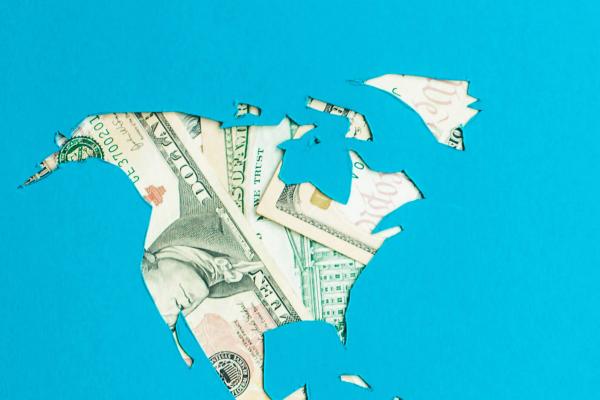Jan 15, 2019
In Redeeming Capitalism, Kenneth J. Barnes argues that the moral failures of our economy are evidence of moral decay in our social institutions. The greed and excess of Wall Street and the vast income inequality between the very wealthy and everyone else demonstrate that the moral fabric of our society is in tatters. What we need, Barnes believes, is a lesson in virtue. Barnes, I think, would like to replace Falwell Jr.’s ethic with a truly Christian one. If we want a virtuous capitalism, he argues, we need virtuous people.
Read the Full Article

Already a subscriber? Login
